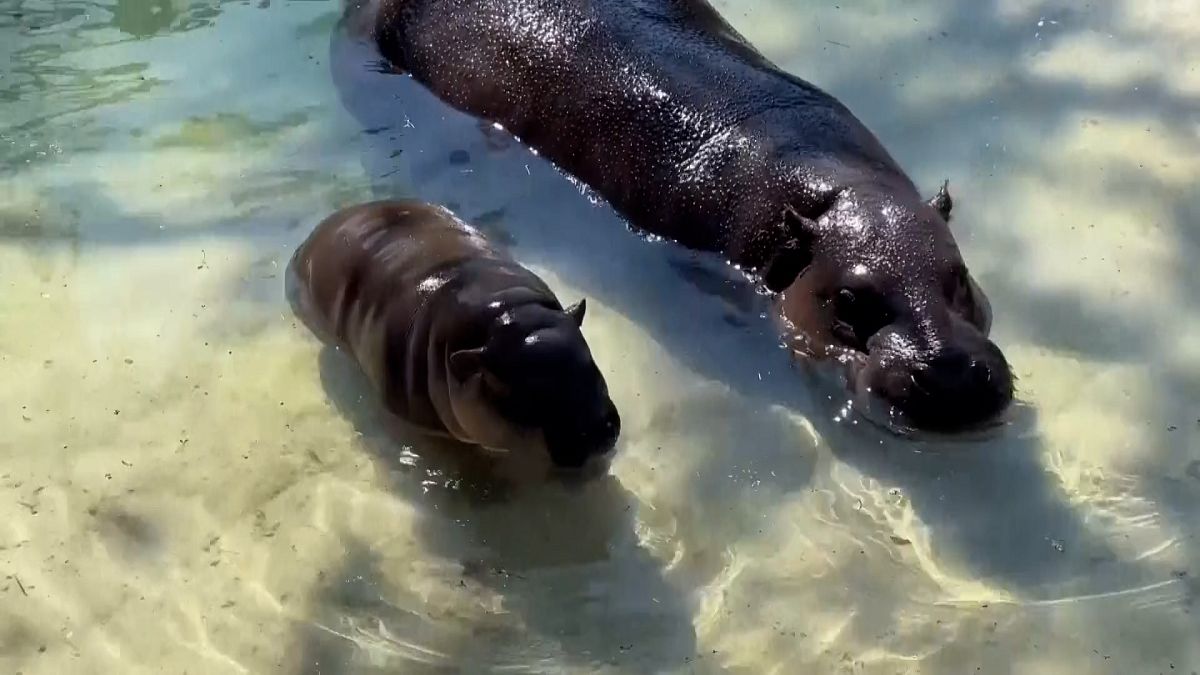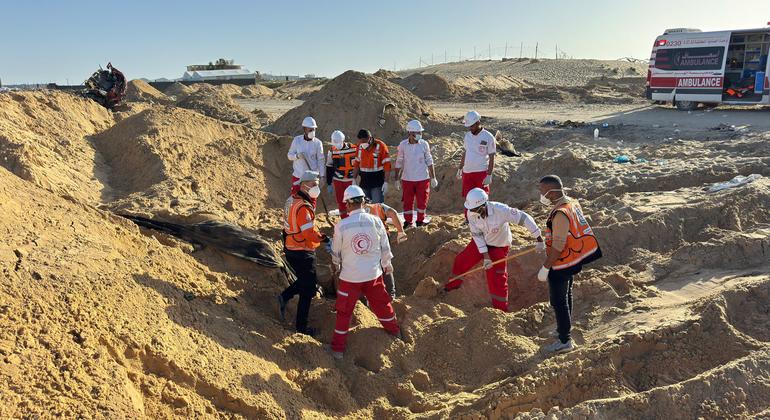Poland, Bulgaria, Hungary, Romania and Slovakia on Tuesday (25 July) called on the European Commission to extend their ban on Ukrainian grain imports until the end of 2023, in a bid to safeguard their domestic farmers and agricultural sector.
However, during a meeting of agriculture ministers in Brussels, there were “mixed feelings” about the issue, according to Spain’s EU agriculture minister Luis Planas, whose country currently holds the EU rotating presidency.
The ban, which was already extended once by the EU Commission in June, is due to expire on 15 September.
But given Russia’s withdrawal from the UN-brokered Black Sea Grain Initiative fears have been raised among frontline neighbouring member states over the potential negative impact that increased imports could have on their own agricultural sector.
Opening up such frontline countries to free trade could trigger “a crisis that we cannot afford,” said an official from one of Ukraine’s EU neighbour states.
Since the war in Ukraine, the EU has allowed free trade of wheat, maize, rapeseed and sunflower seed between Ukraine and the EU, while helping Kyiv export agri-food products through EU solidarity lanes.
But those frontline countries have seen considerable growth in imports of cereals and oilseeds, leading to market disruptions, which triggered unilateral restrictions earlier this year which were later approved by the EU Commission.
Under these restrictive measures, Ukrainian agri-food products continue to move through these countries to other parts of the world where grain is needed.
And the transit of cereals and oilseeds through these five countries has been taking place without major problems, according to the EU executive.
In light of Russia’s withdrawal from the Black Sea grain deal, EU ministers agreed to increase efforts to help Ukraine export their grain.
“We absolutely need to improve and strengthen the solidarity lanes and of course without disturbing the markets of the frontline countries who border Ukraine, and also Moldova, which also has a very sensitive position here,” said Planas.
Since May 2022 and until the end of June 2023, more than 41 million tonnes of Ukrainian grain, oilseeds and other agri-food products have been exported via the EU solidarity lanes.
Ukraine has exported 60 percent of its export volume via solidarity lanes and 40 percent via the Black Sea Grain Initiative, EU commissioner for agriculture Janusz Wojciechowski noted.
But there is now “a different situation” and “we need to consider all consequences of the situation,” he added, arguing that there needs to be a thorough discussion about how to support transportation costs.
“There is a risk that Russia will be beneficiary of the situation,” he said, pointing out that there are long distances between Ukraine and Ukraine’s natural markets in Europe (for example, in Spain), Indonesia, Bangladesh, and Turkey.
Wojciechowski pointed out that this could mean that buying grain from Russia would be much cheaper than buying grain from Ukraine —which then needs to be transported through Poland to, for example, the Baltic ports.
“This is an urgent issue,” he said, referring to the need to support transportation costs with EU funds.
While some EU countries such as Poland have put forward unilateral initiatives, Wojciechowski has advocated for “a European solution”. “This is the only way to enable the real functioning of this transit and to make solidarity lanes real solidarity lanes.”
“Neighbouring countries were not under pressure from Ukraine exports [before the war], that started after the Russian aggression,” Wojciechowski also said.
In August, there will be a review of the current restrictive measures and a final decision on whether to extend the ban will eventually be made in September.
Should the EU Commission fail to find a solution, there is a possibility that countries such as Poland may put forward unilateral measures, similar to what happened in April.
“We will not open this border. If the European Commission does not extend the ban — we will do it ourselves,” Polish prime minister Mateusz Morawiecki said earlier in July.



















Discussion about this post